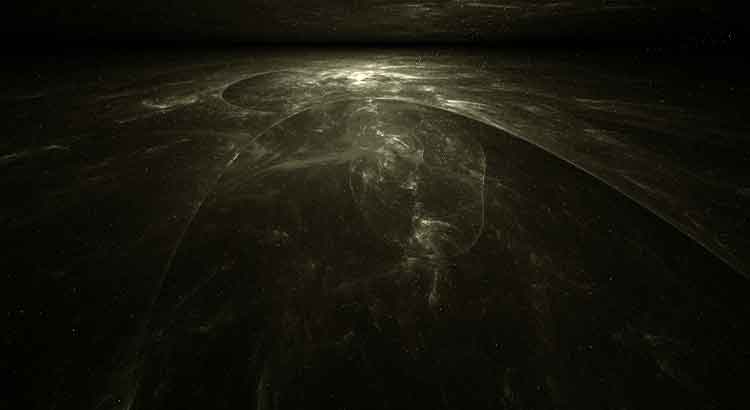Conviviality is a wicked lady who forcibly corrupts morals and indoctrinates into vice. The one who coexists buys this lady using his own freedom as currency. He becomes someone worse, for sure. In this, modern psychology is infallible: there is a veiled convivial agreement that implies actions which, if not fulfilled, generate individual and collective discomfort. Moral evolution requires a break from this agreement, because it consists of a reaction to worldly instinct. Virtue, although practiced in the world, can only be conceived in solitude.
Tag: philosophy
A Higher Conception of Existence
It seems necessary to the man who effectively overcomes the weaknesses of the flesh to support himself in a higher conception of existence, that is, to believe—and this is the word—in something that transcends concrete reality. Acting in this way, simple reason points to a scale of values that should serve as a guide, and by guiding on it, it is possible to act against the instincts—giving them their due importance.
The Flower With Black Petals
Let us exercise the imagination: a man, after much meditation on suicide, after careful consideration of all the torment he suffers, concludes that it is absolutely unjustifiable. He goes to a friend, with the faint hope that there is something he is not seeing, that his conclusions are based on an unknown error. The friend takes his time and begins to talk to him about the singing of the birds. Is it possible for the unfortunate man not to think it an insult? Let us now suppose a monk returning on foot from a long silent retreat. A lady comes up to him in the street and says she is afraid that it will rain and wet her clothes hanging on the clothesline. There is, again, a contrast so sharp that it seems to offer laughter as the only response. Well then: from this very banal contrast, is born a flower with black petals called misanthropy.
Regrets and Maturity
Maturity could be defined as the attitude of one who has suffered enough regrets to lose the childish hope characteristic of the immature, were it not for the implicit notion that successive regrets eventually bear fruit in maturity. The contrast is striking: there are natures that, like wine, are refined with time; others… how badly time does them harm! As the years go by, the ridicule of falling into childishness progressively increases; and there are those who never get over it, except by falling from the highest cliffs, and with each fall, strengthening their convictions! These are sad cases, worthy of sincere compassion, above all because life is not accustomed to show compassion to those who do not assimilate its lessons.



